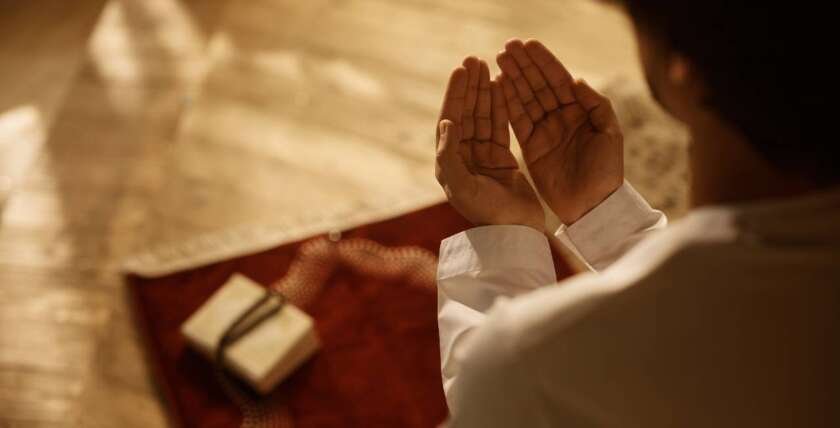Maghrib, the fourth prayer in the daily Islamic schedule, is performed at sunset, a time of transition from day to night. This prayer symbolizes gratitude and reflection, marking the end of the day and the beginning of a tranquil evening. Let’s delve into the beauty and spiritual significance of Maghrib and how it nurtures the soul.
What is Maghrib?
Maghrib, meaning “sunset” in Arabic, is the evening prayer performed immediately after the sun sets and lasts until the red twilight disappears from the sky. It consists of three obligatory units (rak‘ahs). Maghrib represents a moment of thankfulness for the blessings of the day and a time to seek forgiveness for any shortcomings.
The Timing of Maghrib
The time for Maghrib begins as soon as the sun dips below the horizon and lasts for a relatively short window until the red glow in the sky fades away. The fleeting nature of Maghrib emphasizes the importance of punctuality and awareness of time.
The Qur’an highlights the significance of prayer during these transitional periods of the day:
“So exalt Allah when you reach the evening and when you reach the morning.”
(Qur’an 30:17)
This verse reminds believers of the importance of praising Allah during sunset, a natural pause in the rhythm of life.
Why is Maghrib Special?
- A Time of Reflection
- As the day comes to an end, Maghrib serves as a moment to reflect on how time was spent, what was achieved, and what could be improved. It offers an opportunity for gratitude and self-accountability.
- Symbolizing Completion
- Maghrib marks the conclusion of the day’s work and activities. It encourages Muslims to transition from worldly distractions to a peaceful state of worship and mindfulness.
- Spiritual Rewards
- The Prophet Muhammad (peace be upon him) said:
“Whoever prays Maghrib and Isha in congregation, it is as if he stood the whole night in prayer.”
(Sunan Ibn Majah)
This hadith underscores the immense blessings of Maghrib and its role in fostering spiritual growth.
- The Prophet Muhammad (peace be upon him) said:
- Welcoming the Evening
- Maghrib symbolizes the shift from light to darkness, encouraging Muslims to seek protection and guidance as night falls. It is often a time to recite supplications for safety and well-being.
Practical Benefits of Maghrib
- Encourages Gratitude: Maghrib fosters mindfulness by encouraging believers to acknowledge the blessings received throughout the day.
- Mental and Emotional Peace: The serene atmosphere of sunset combined with prayer offers a calming experience that helps transition into the evening.
- A Family-Oriented Time: For many, Maghrib is an opportunity to gather with family for prayer, fostering a sense of unity and shared spirituality.
How to Make Maghrib a Meaningful Experience
- Pray Promptly: The short window for Maghrib prayer highlights the importance of punctuality. Make an effort to perform it as soon as the time begins.
- Reflect on the Day: Use Maghrib as a time to think about the day’s accomplishments and any areas for self-improvement. It’s a perfect moment to reset intentions.
- Pair with Evening Supplications: After Maghrib, recite evening adhkar (remembrances of Allah) to seek protection and blessings for the night ahead.
- Create an Atmosphere of Tranquility: If possible, perform Maghrib in a peaceful setting, such as at home or in a mosque, to enhance focus and spiritual connection.
Maghrib: A Bridge Between Day and Night
Maghrib prayer serves as a spiritual bridge, guiding believers from the activities of the day into the calm of the evening. It is a time to offer gratitude for the blessings of the daylight hours and to seek Allah’s guidance and forgiveness as night falls. The sunset reminds us of the passage of time, encouraging mindfulness and devotion.
Conclusion
Maghrib is more than just a prayer; it is a moment to pause, reflect, and express gratitude at the close of the day. By performing Maghrib, Muslims anchor their evenings in faith and begin their nights with a sense of peace and divine connection. This prayer teaches punctuality, reflection, and the importance of ending the day on a note of spiritual mindfulness.
How does Maghrib fit into your daily routine? Share your experiences and tips in the comments below!


